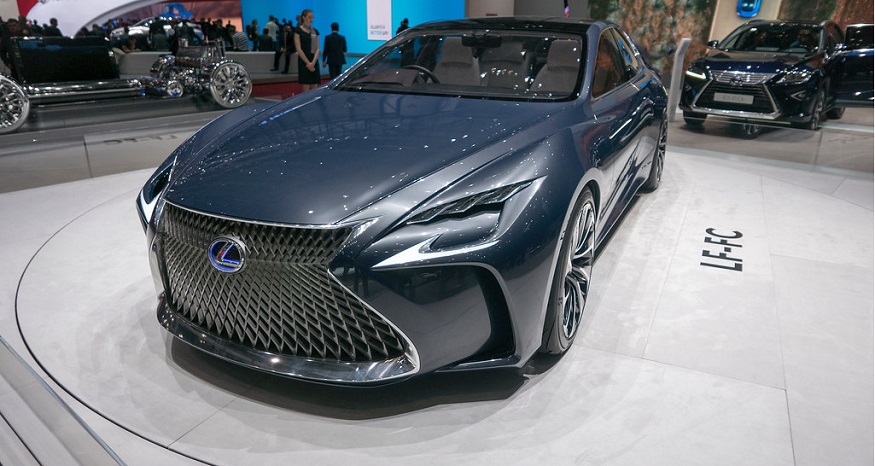
By 2050 Hydrogen fuel cell vehicles will comprise only 1 percent of cars
June 16, 2021As the cost of lithium-ion batteries continues to fall, battery electric cars rise in appeal.
Hydrogen fuel cell vehicles will comprise only 1 percent of all passenger cars by 2050, said Australian Energy Minister Angus Taylor citing a BloombergNEF report. He pointed to the falling cost of lithium-ion batteries to explain why battery electric vehicles have greater appeal compared to more expensive H2 fuel cells.
Taylor feels that the price trends will mean H2 passenger cars simply won’t compete with battery electric.
Of all the forms of electric vehicle, plug-in hybrids are currently Taylor’s top choice at the moment. However, according to BloombergNEF, those will represent little more than a flash in the pan in the bigger picture of low-emission vehicles. The report’s outlook on H2 powered passenger vehicles hasn’t come as a surprise to many in the industry. In fact, it is only the latest in a long line of studies predicting similar outcomes.
The number of studies supporting the future of hydrogen fuel passenger vehicles is growing at a much slower rate than those saying that the future of passenger cars powered by H2 will be limited. Toyota has continued developing and producing its vehicle in the form of the Mirai sedan. That automaker continues to insist that H2 has a bright future in passenger cars. However, most other major automakers have backed out of that category, focusing H2 on long-haul trucks, heavy duty vehicles and industry.
The report indicated that battery electric vehicles are more affordable than hydrogen fuel cell vehicles.
“Direct electrification via batteries is the most economically attractive and efficient approach to decarbonising road transport and should be pursued wherever possible,” said the report. “Hydrogen fuel cell vehicles can help fill the small gaps left by electrification in some heavy vehicles, in regions or duty cycles where batteries struggle.”
The number of drivers behind the wheel of fuel cell cars is negligible, according to the report. However, the tech could make up 16 percent of buses and 10 percent of heavy commercial vehicles by 2050. Those clearly represent much more meaningful figures.
The report pointed to those areas as the future of hydrogen fuel cell vehicles. On the other hand, it has a much bleaker view of what’s to come for plug-in hybrids, which it insisted will be a passing fad, and  that this is good news because the battery in those vehicles doesn’t tend to be used all that frequently.
that this is good news because the battery in those vehicles doesn’t tend to be used all that frequently.



 HFN News is your leading source for fresh hydrogen and renewable energy updates. Amid the fast-paced growth of hydrogen companies, we provide top-notch news and insights about this exciting sector. Our coverage spans from hydrogen cars to global sustainable initiatives, and we highlight the latest in green jobs and developing hydrogen hubs. We invite you to share your local hydrogen news and explore today’s renewable energy job listings on our site. Thanks for choosing HFN News as your trusted guide to the hydrogen and renewable energy world!
HFN News is your leading source for fresh hydrogen and renewable energy updates. Amid the fast-paced growth of hydrogen companies, we provide top-notch news and insights about this exciting sector. Our coverage spans from hydrogen cars to global sustainable initiatives, and we highlight the latest in green jobs and developing hydrogen hubs. We invite you to share your local hydrogen news and explore today’s renewable energy job listings on our site. Thanks for choosing HFN News as your trusted guide to the hydrogen and renewable energy world!